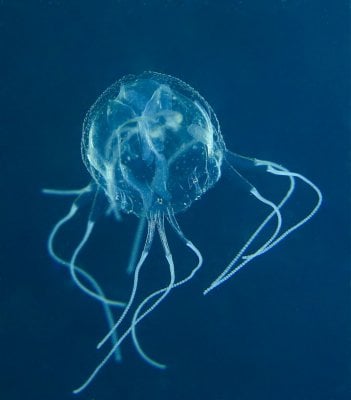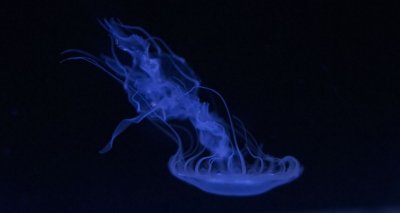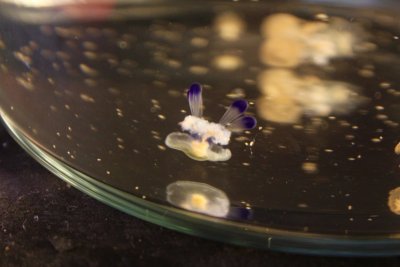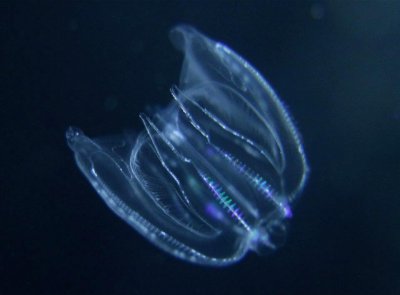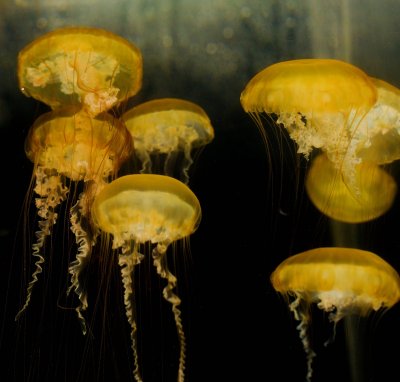- Joined
- Oct 21, 2016
- Messages
- 33
- Reaction score
- 142
How much would you say a simple moon jelly tank is to setup and maintain?
Also, how do breed jellies? Do they split or make eggs?
That's a tough question to fully tackle. With jellyfish, the biggest expense comes upfront with the tank. But that's because jellyfish tanks are usually an all in one kit. The price would be equivalent if you set up an aquarium piece by piece. I recommend doing a 20% water change every two weeks or even weekly on the really small tanks. You feed daily. Most jellyfish tanks are super low power consumption. So depending on the type of salt or food you went with that would determine your running expense. It's not much though. With most jellyfish tanks being under 20 gallons, your only changing a max of 8 gallons a month. A $14 pack of dry jellyfish food usually lasts 3 moon jellies 3 months.
Jellyfish have a whole multistage life cycle, kind of like a frog or butterfly. Most of them are male and female and they release single cell style eggs. There are some cool videos on youtube that really go in depth.




